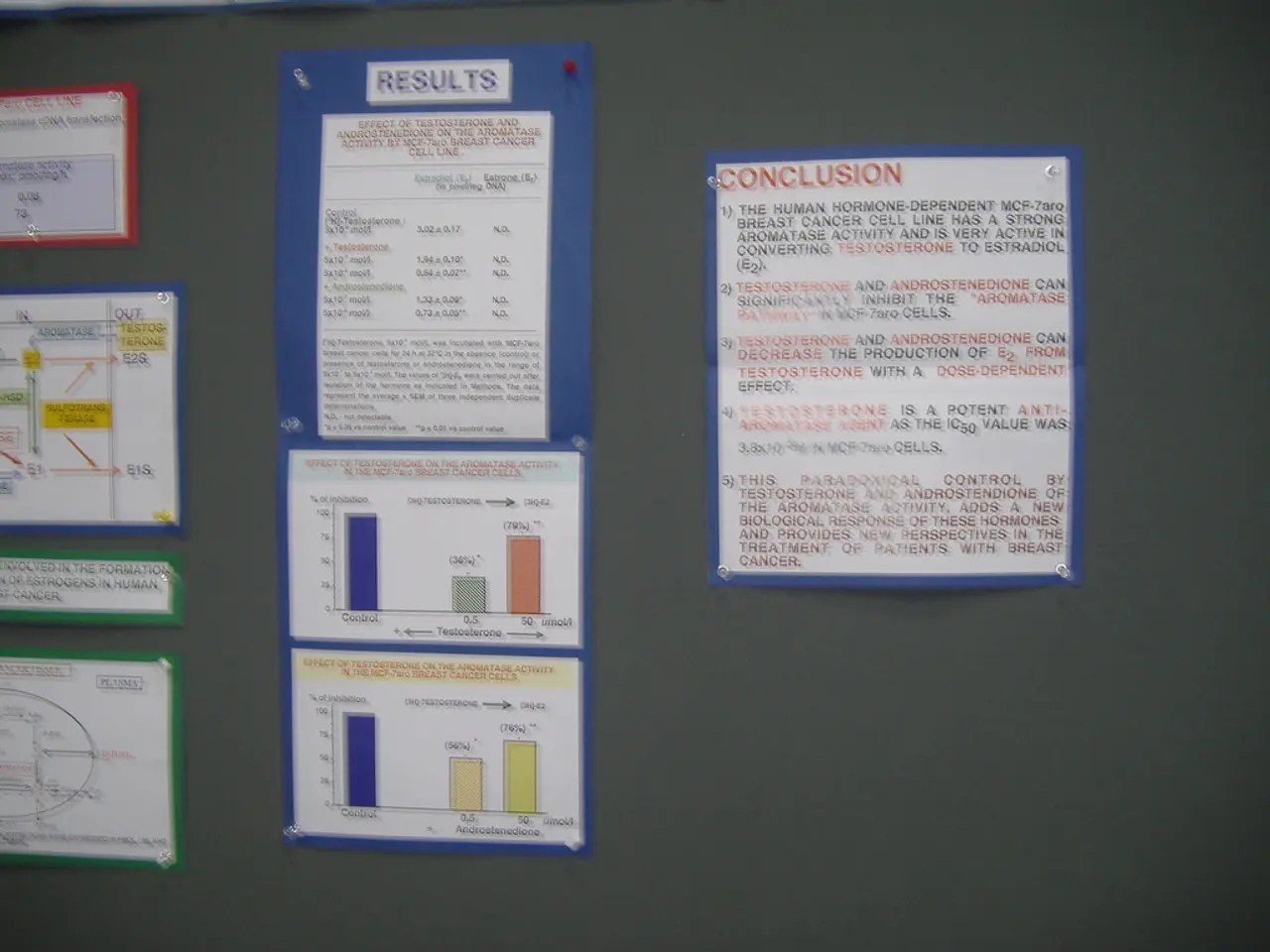Israeli official reveals intention to establish fresh West Bank settlement aimed at obstructing the concept of a Palestinian nation
New Israeli Settlement Plan in E1 Area Sparks Controversy
The Israeli finance minister, Bezalel Smotrich, has announced plans to build a new settlement in the Israeli-occupied West Bank, specifically in the open tract of land east of Jerusalem known as E1. This decision has sparked strong opposition from Palestinians, rights groups, and the international community, who view the plan as a significant obstacle to peace and the two-state solution.
The E1 settlement plan, if implemented, would expand the existing settlement of Maale Adumim and include around 3,500 apartments. This development would have far-reaching implications, as it would sever the northern West Bank from the southern part, effectively fragmenting Palestinian territorial contiguity.
Palestinians strongly oppose the E1 settlement plan, seeing it as a major threat to the continuity and viability of a future Palestinian state. Local Bedouin communities in the area, such as the Jahalin tribe, fear displacement and loss of land with the implementation of E1.
The United Nations Secretary-General has condemned the settlement approval as a violation of international law and a significant obstacle to peace and the two-state solution. The EU and other international actors have also expressed their concern, warning that the decision threatens peace efforts and violates UN resolutions. Historically, the E1 plan has faced repeated international opposition, including from the US, which has at times succeeded in delaying the project due to foreign policy concerns.
The recent push for the E1 settlement plan is driven by Israel's far-right government figures, notably Finance Minister Bezalel Smotrich, known for his ultranationalist views and opposition to Palestinian statehood. Smotrich claims to have the backing of Benjamin Netanyahu and President Trump.
Hamas has labelled the plan part of Israel's "colonial, extremist" policies and has urged Palestinians to confront it. The Palestinian foreign ministry has criticized the plan as an extension of genocide, displacement, and annexation. The UK strongly opposes the plan, with Foreign Secretary David Lammy calling it a "flagrant breach of international law and must be stopped now". Qatar, acting as a mediator between Hamas and Israel, has labeled the move a flagrant violation of international law.
Peace Now, a group that tracks settlement activity in the West Bank, states that if the process moves quickly, infrastructure work could start in the next few months, with the construction of homes to follow in about a year. The E1 plan has not yet received its final approval, but is expected next week. The current status is that the Israeli Higher Planning Committee has recently approved the construction of over 3,400 housing units in the E1 area of the occupied West Bank, advancing plans to develop this highly contested settlement.
The E1 settlement plan, initially conceived in 1995 by Yitzhak Rabin, is closer than ever to reality. The increase in settler violence against Palestinians, according to the UN, with an average of 118 incidents each month, raises concerns about the potential escalation of conflict if the plan proceeds. It remains to be seen how the international community will respond to this latest development in the ongoing Israeli-Palestinian conflict.
\n\nReferences:
- The Guardian
- Al Jazeera
- Haaretz
- Middle East Eye
- Reuters
The E1 settlement plan, if fully implemented, could escalate the ongoing Israeli-Palestinian war-and-conflicts due to its significant obstacles to peace and the two-state solution, as seen through the lens of politics and general news. This plan, which is backed by Israel's far-right government figures and viewed as a threat to Palestinian territorial contiguity, has sparked international opposition and condemnation from groups such as the United Nations, EU, and Qatar, among others.







